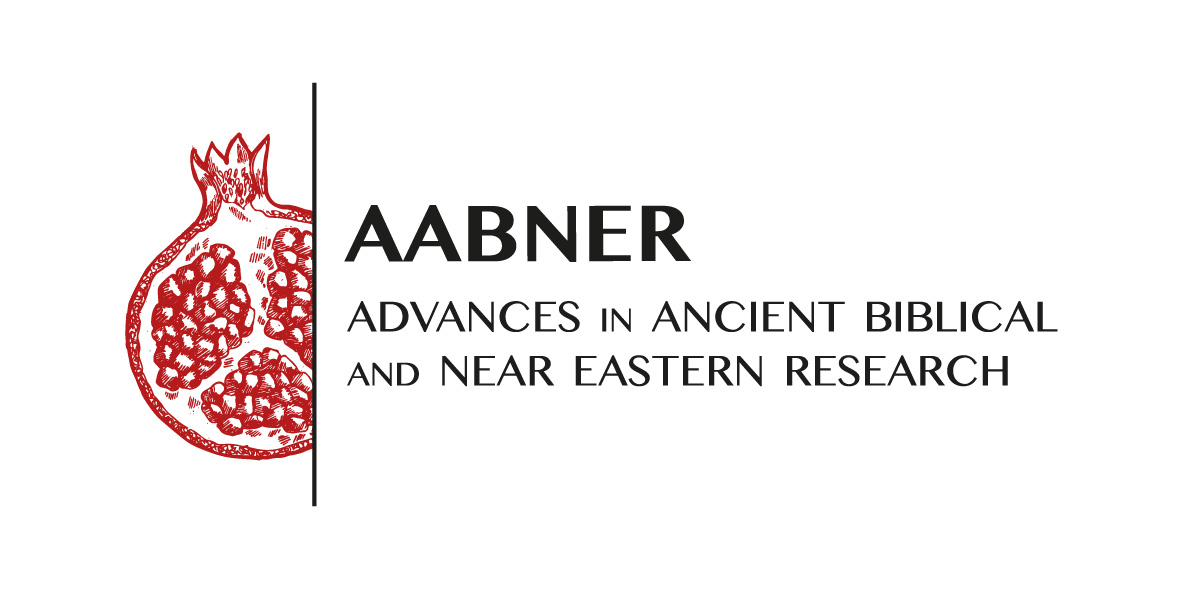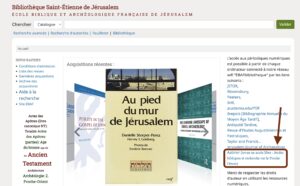Thanks to the help of Mr Izaak de Hulster (of Brill) and Valérie Nicolet, we now have access to the first open-access research journal in the fields of biblical studies and Near Eastern research, AABNER (Advances in Ancient Biblical and Near Eastern Research).
Thanks to the head of the library, Brother Bernard Ntamak, to the library committee, to Brothers Łukasz Popko and Martin Staszak for their participation, and to Brother Anthony Giambrone for accepting this initiative.
ÉBAF and our library are now listed on the AABNER portal as “support” for this journal, which we support financially. We have access to the journal in hard copy, and electronically from the library’s online catalogue where AABNER is listed as a digital resource.
The journal is the first open-access and forum-peer-reviewed journal that covers the entire field of biblical studies and cognate fields in its diversity, and it is committed to the principles of the EABS in terms of equal opportunity, non-discrimination, and academic rigor. This journal innovates the way humanities scholarship is published, by utilizing an open peer-review system known as “forum review.” In this system all reviewers’ comments are visible to all other reviewers. This system enables AABNER to maintain rigor while encouraging innovative approaches and keeping review time to a minimum.
The aim of the journal is to provide a high-quality and innovative venue for the open access dissemination of biblical and cognate scholarship from Europe and around the world. The journal will encompass all fields touching on and relevant for the study of both the Hebrew Bible and the New Testament, early Jewish and Christian studies, from ancient times to reception in the present, as represented by the remit of the EABS. Thus, studies involving the Near East and Mediterranean worlds in their own right also fall within this scope.
The broad scope of the journal will enable it to function as the premier disciplinary journal, much like the functions of Nature, History, and Communication in their respective fields. Moreover, the journal will seek to avoid methodological stagnation and disciplinary isolation through its deliberate commitment to plurality within its scope. (AABNER website)

